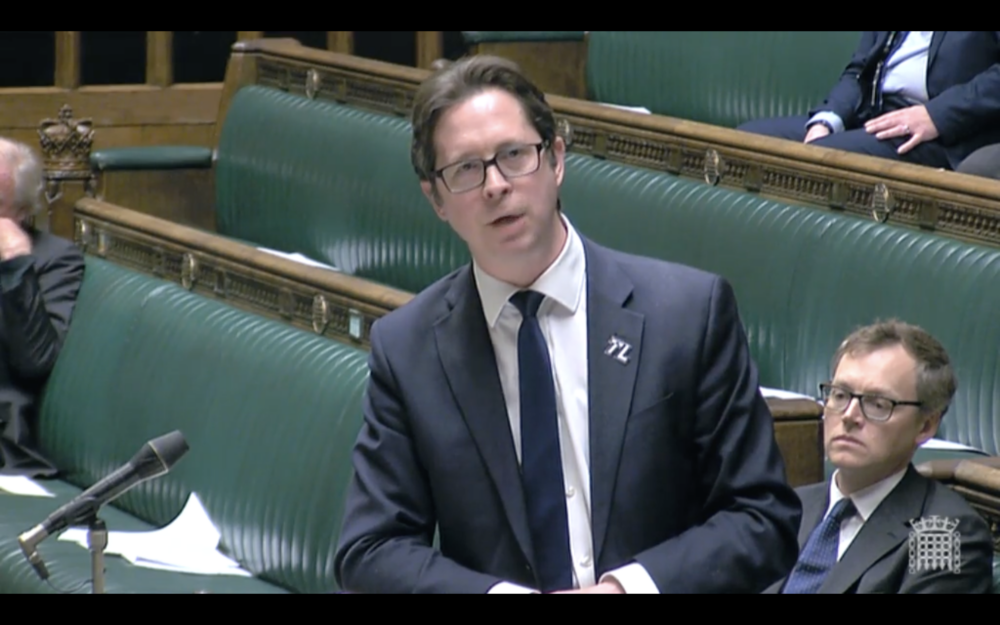Moves to withdraw funding from level 3 qualifications that overlap with T Levels will continue as planned as the government sees off another attempt, through the skills bill, to force a delay.
An amendment to the skills and post-16 education bill, which would have prevented the Institute for Apprenticeships and Technical Education (IfATE) from withdrawing funding for level 3 qualifications for at least three years, had achieved a majority in the House of Lords just last week.
However, the government was able to use its majority in the House of Commons on Monday to remove it from the bill.
That amendment was originally tabled in the Lords by David Blunkett, who served as Tony Blair’s secretary of state for education from 1997 to 2001.
Blunkett told FE Week that he “remains absolutely convinced that the introduction of T Levels should in no way be an excuse for withdrawing the choice and opportunity for young people who wish to explore more broad-based pathways to jobs”.
However, he believes there was a “feeling of inevitability that the government would get their way”.
James Kewin, deputy chief executive of the Sixth Form Colleges Association and a leading figure in the #ProtectStudentChoice campaign, said the government has “passed up a golden opportunity to adopt an evidence-based approach to qualification reform”.
“A delay to the defunding timetable would have given ministers time to consider the evidence on both groups of qualifications before making far-reaching, potentially irreversible, decisions about the funding of level 3 BTECs,” he told FE Week.
The bill must now return to the Lords to agree or disagree with the changes made by the Commons this week.
FE Week can reveal that Blunkett won’t push the issue of level 3 defunding any further. “In these circumstances, it would appear to be extremely challenging to continue the standoff with the Commons, but I don’t believe this is the end of the story by any means,” he said.
“All those with a real interest in the future of young people will eventually understand that those of us engaged in seeking to change the government’s mind were thinking about a very different employment landscape of the future, and not some nostalgia for the past.
“We are the futurists, predicting the kind of preparation for work which will be commonplace in ten years’ time.”
As this last remaining issue of contention now appears to have been cleared, the bill is free to receive Royal Assent to become law in the coming weeks.
Government bows to pressure on beefed-up Baker clause
MPs unanimously supported a government-backed amendment to the skills bill that will double the number of mandatory encounters schools pupils have with providers of technical education and apprenticeships.
Training providers and colleges have complained for years that the current law on careers guidance encounters in schools, known as the Baker clause, is not being followed.
Members of the House of Lords, opposition MPs and prominent Conservative MP Robert Halfon have been making the case for months that the government’s original proposal of three mandatory encounters wasn’t enough.
In fact, Halfon recently proposed that the government should insist on nine encounters over a pupil’s secondary school education.
Following this pressure, the government has now changed its own bill and settled on mandating six encounters in the wording of the bill.
Speaking from the despatch box, skills minister Alex Burghart said the skills bill will “boost productivity and level up our country”.
Burghart said the government’s new position “should help ensure that young people meet a greater breadth of providers and crucially should prevent schools from simply arranging one provider meeting and turning down all other providers”.
“The underpinning statutory guidance will include details of the full range of providers that we’d expect all pupils to have the opportunity to meet during their time at secondary school,” he said.
















Your thoughts